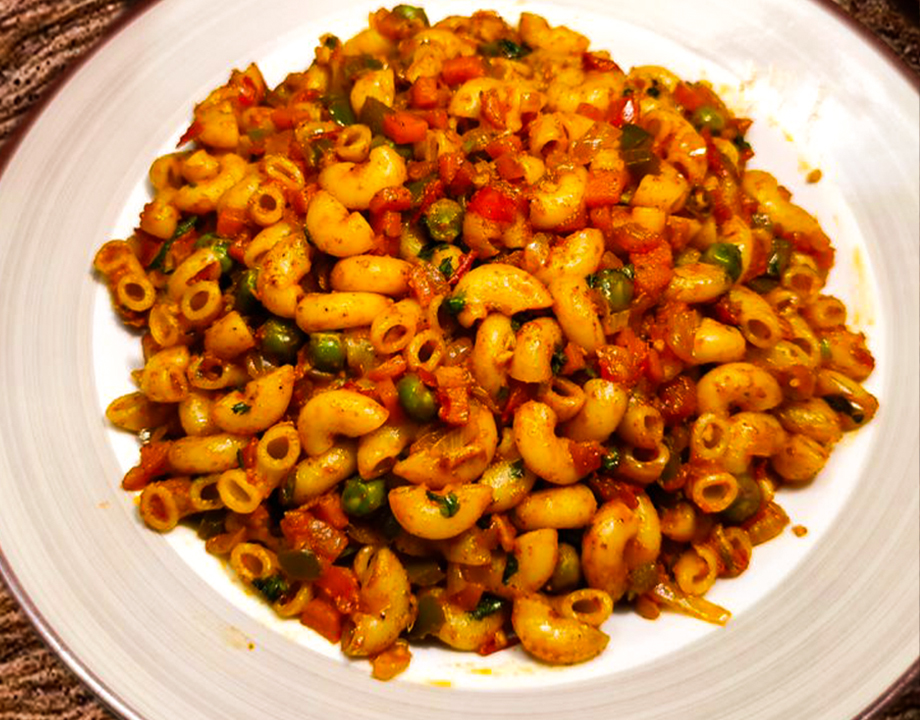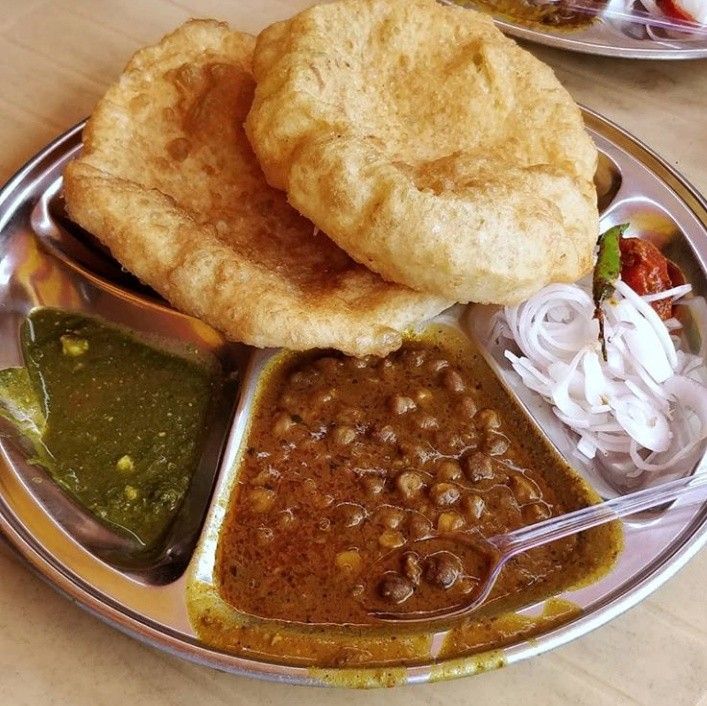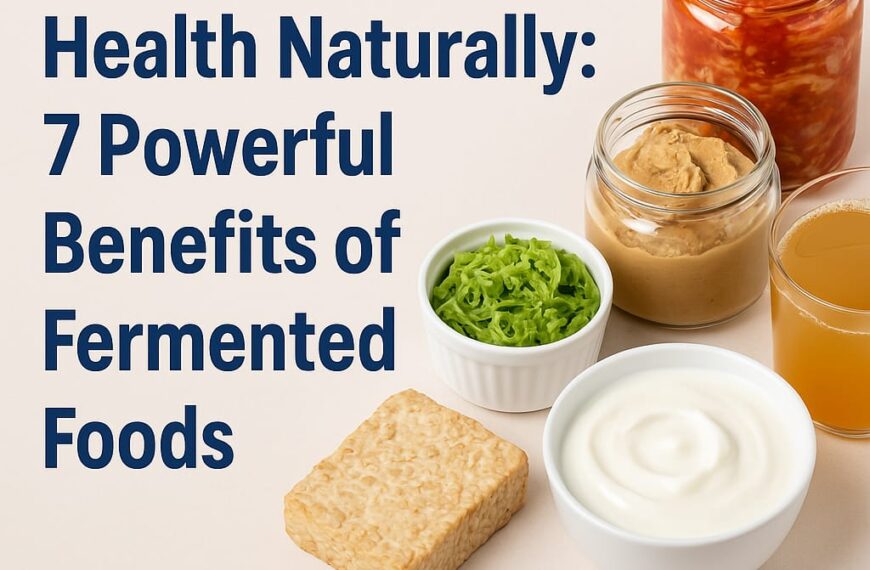2nd April, 2025
In This Article
The Indian food industry is facing a storm as social media creators expose what’s being called the “Paneer Scam.” Reports suggest that adulterated paneer, often mixed with starch, synthetic milk, or harmful chemicals, is flooding local markets. This revelation has sparked outrage among food enthusiasts and health-conscious consumers.
Several influencers have taken to platforms like Instagram and YouTube to demonstrate simple home tests to check paneer’s authenticity. The most common method involves adding an iodine solution to a paneer sample—if it turns blue, it indicates the presence of starch. Other techniques include boiling the paneer to check for excessive melting or rubbing it to detect an oily texture, both signs of adulteration.
Food safety experts warn that consuming adulterated paneer can lead to digestive issues, food poisoning, and long-term health risks. Authorities have begun cracking down on suspicious suppliers, but consumers remain wary. Many are now shifting toward trusted dairy brands or opting to make paneer at home to ensure purity.
As awareness spreads, the controversy highlights a crucial need for stricter food safety regulations and better quality control in India’s dairy industry. The “Paneer Scam” serves as yet another wake-up call for consumers to stay informed and vigilant.
What is the Paneer Scam?
Paneer, a staple in Indian households, is now under scrutiny as reports suggest that some suppliers are selling adulterated or synthetic versions. Allegations include the use of starch, synthetic milk, or harmful chemicals to increase yield and shelf life, raising serious health concerns among consumers.
The rise in demand for paneer, especially in urban areas, has led unscrupulous manufacturers to resort to cost-cutting measures. Adulteration methods include adding starch to increase weight, mixing synthetic milk with real milk, or using non-food-grade preservatives to prolong shelf life. These substances can cause digestive issues, food poisoning, and long-term health risks, making the issue even more alarming.
Government food regulatory bodies, including the Food Safety and Standards Authority of India (FSSAI), have acknowledged these concerns and occasionally conduct raids and food quality tests. However, due to the scale of the problem and gaps in enforcement, adulterated paneer continues to flood local markets. With no large-scale crackdown in place, consumers are left to fend for themselves.
In response, social media creators and food enthusiasts have taken matters into their own hands. Influencers on platforms like Instagram and YouTube are sharing simple home tests to check for paneer adulteration. One popular method involves adding iodine solution to a paneer sample—if it turns blue, starch is present. Other techniques include boiling the paneer to see if it dissolves unusually or rubbing it between fingers to detect an unnatural oily texture.
The widespread discussion of the “Paneer Scam” highlights the urgent need for stricter regulations and better quality control in India’s dairy industry. Until then, many consumers are switching to trusted brands or making paneer at home to ensure purity. The controversy serves as a crucial reminder for people to be vigilant about food safety in their daily lives.
What’s the Paneer Test About?

Recently, the internet has been abuzz with discussions surrounding the quality of paneer used in popular fast-food chains. This controversy gained momentum when food content creator Apple Tiwari conducted an iodine tincture test on paneer samples from various well-known outlets. The test is a widely recognized method for detecting starch adulteration in food products. When iodine comes into contact with starch, it reacts to produce a deep blue or black color, indicating the presence of starch.
In Tiwari’s viral video, several paneer samples from different fast-food chains reportedly turned dark in color when subjected to the test. This reaction suggested the possible use of starch in the paneer, raising concerns among consumers about food adulteration. The findings led to immediate speculation that some fast-food chains might be using paneer with added starch or, worse, synthetic substitutes instead of pure dairy paneer.
Paneer, a popular Indian dairy product, is traditionally made by curdling milk with an acidic agent like lemon juice or vinegar. Authentic paneer should ideally contain only milk solids without any additives. However, to cut costs and improve texture, some manufacturers allegedly mix starch into paneer. Starch can give paneer a firmer consistency and increase its weight, making it a profitable but unethical practice.
Tiwari’s video quickly went viral, amassing millions of views across social media platforms. The response was a mix of outrage, concern, and curiosity, with many consumers demanding greater transparency from food brands. Some users attempted the iodine test at home on store-bought paneer, sharing their own findings online. Others called for food safety authorities to step in and conduct proper investigations.
The controversy also sparked discussions among nutritionists and food experts. While small amounts of starch in paneer may not pose an immediate health risk, excessive adulteration could reduce the protein content of the paneer, making it less nutritious. Moreover, synthetic paneer or heavily adulterated variants could have potential long-term health consequences.
Following the uproar, some fast-food chains and dairy brands issued statements denying any adulteration and reassuring consumers about their quality standards. However, the debate remains unresolved, highlighting the growing concerns over food authenticity and safety in the modern food industry.
The paneer test incident serves as a reminder for consumers to be vigilant about the food they consume. Simple home tests like the iodine test can help identify adulteration, but comprehensive food safety regulations and stricter quality checks are essential to ensure that the food on our plates is pure and untainted.
How Did the Fast-Food Brands Respond?
With rising consumer concerns over paneer adulteration, fast-food giants McDonald’s and Domino’s were quick to address the allegations and reassure their customers.

McDonald’s India issued an official statement, emphasizing that their paneer is sourced from reputable dairy suppliers who adhere to strict quality control measures. The company reassured consumers that their paneer is 100% pure and meets all food safety regulations set by the Food Safety and Standards Authority of India (FSSAI). McDonald’s also pointed out that the iodine test, widely circulated in viral videos, is not always a reliable method for detecting adulteration in processed foods. This is because starch, which can be present in coatings, breading, or even naturally in some food items, may react with iodine and give misleading results. The company urged customers to rely on scientific food testing methods rather than viral social media trends.
Similarly, Domino’s India dismissed the allegations, asserting that their paneer undergoes rigorous quality checks before reaching consumers. The company highlighted its stringent supply chain standards, ensuring that only high-quality and safe ingredients are used in its products. Domino’s also reiterated that all their ingredients, including paneer, comply with national and international food safety guidelines.
Both brands reaffirmed their commitment to customer safety and transparency, urging people not to fall for unverified claims. The fast-food chains also encouraged consumers to refer to authoritative food safety agencies for accurate information rather than relying on viral social media content, which can sometimes be misleading.
While the controversy sparked debates on food authenticity, industry experts advised consumers to conduct proper tests in certified labs rather than drawing conclusions based on simple household experiments. As the discussion continues, fast-food brands remain focused on maintaining trust and confidence in their products.
Is the Iodine Test Reliable? Experts Weigh In
Amid the growing concerns over paneer adulteration, many consumers have turned to the iodine test, a common household method believed to detect the presence of starch. However, food safety experts caution against relying on this test alone, especially when examining prepared or processed foods.
Experts explain that paneer used in fast-food dishes often comes into contact with ingredients containing starch, such as coatings, breading, or thickening agents in sauces. As a result, the iodine test may yield false positives, causing unnecessary panic among consumers. Even pure paneer, when placed in a starch-rich environment, can show a reaction to iodine, leading to misleading results.
To determine authenticity and quality, food scientists suggest alternative testing methods that are more reliable and practical for consumers:
1. Texture & Smell Test
Genuine paneer has a firm yet slightly crumbly texture. When pressed between the fingers, it should not feel overly soft or rubbery. Additionally, authentic paneer emits a fresh, milky aroma. If it smells sour, plasticky, or has no distinct dairy fragrance, it may be adulterated.
2. Cooking Behavior Test
A simple cooking test can help identify synthetic or adulterated paneer. When heated, pure paneer retains its shape and does not release excess water. On the other hand, synthetic or starch-laden paneer may disintegrate, turn mushy, or even melt like processed cheese when exposed to heat. Consumers can try lightly sautéing a small piece to observe how it reacts.
3. Label & Certification Check
For packaged paneer, reading the ingredient list and nutritional information can provide useful insights. Authentic paneer should list only milk and an acidic coagulant (such as lemon juice or vinegar). If the label mentions vegetable fats, non-dairy proteins, or synthetic stabilizers, it may not be real paneer. Additionally, checking for FSSAI certification (in India) or equivalent regulatory approvals ensures that the product meets safety and quality standards.
While home tests can provide preliminary insights, food experts recommend laboratory analysis for a definitive assessment of adulteration. They also advise consumers to purchase paneer from trusted brands, local dairies, or organic vendors to reduce the risk of contamination.
As food safety discussions gain momentum, experts stress the importance of relying on scientific testing methods rather than viral trends that may not always provide accurate results.
Why Food Safety Matters More Than Ever
The recent controversy surrounding paneer adulteration has brought renewed attention to food safety and quality standards. With increasing consumer awareness, people are now more vigilant about what goes into their food and are demanding greater transparency from brands and food manufacturers.
Food adulteration is not a new issue, but the rise in cases has made it a growing concern. From synthetic milk to chemical-laced vegetables, reports of unsafe food products have raised alarms worldwide. Such practices not only compromise nutritional value but can also pose serious health risks, leading to digestive disorders, allergies, and long-term health complications.
In response, food safety authorities are being urged to implement stricter regulations, conduct frequent inspections, and ensure better quality control measures. Many countries already have food certification systems, but enforcement remains a challenge. To combat adulteration, experts emphasize the need for stronger policies, harsher penalties for violators, and increased consumer education.
For consumers, awareness is key. Checking ingredient labels, verifying certifications, and purchasing from reputable sources can help reduce exposure to contaminated food. Additionally, supporting organic and locally sourced products can contribute to a safer food ecosystem.
As concerns over food safety continue to grow, this issue serves as a wake-up call for both regulatory bodies and food businesses to prioritize quality, transparency, and consumer well-being.
Final Thoughts: Should You Be Worried?
While the iodine test isn’t completely foolproof, it serves as an important reminder for consumers to be mindful of food quality. Adulteration in paneer and other dairy products is a real concern, but there are ways to protect yourself. Choosing trusted dairy brands, purchasing from reputable stores, and performing simple home tests—such as checking texture, smell, and water solubility—can help you identify pure paneer.
Additionally, making paneer at home using fresh milk ensures better quality control and eliminates the risk of harmful additives. Staying informed about food safety practices empowers you to make healthier choices. While the risk of adulteration exists, a little vigilance goes a long way in ensuring the authenticity and safety of the food you consume.
What’s your take on the paneer controversy? Have you ever tested your food at home? Share your thoughts in the comments below!
















